Home>Articles>Why Does My Electric Fireplace Turn Off By Itself
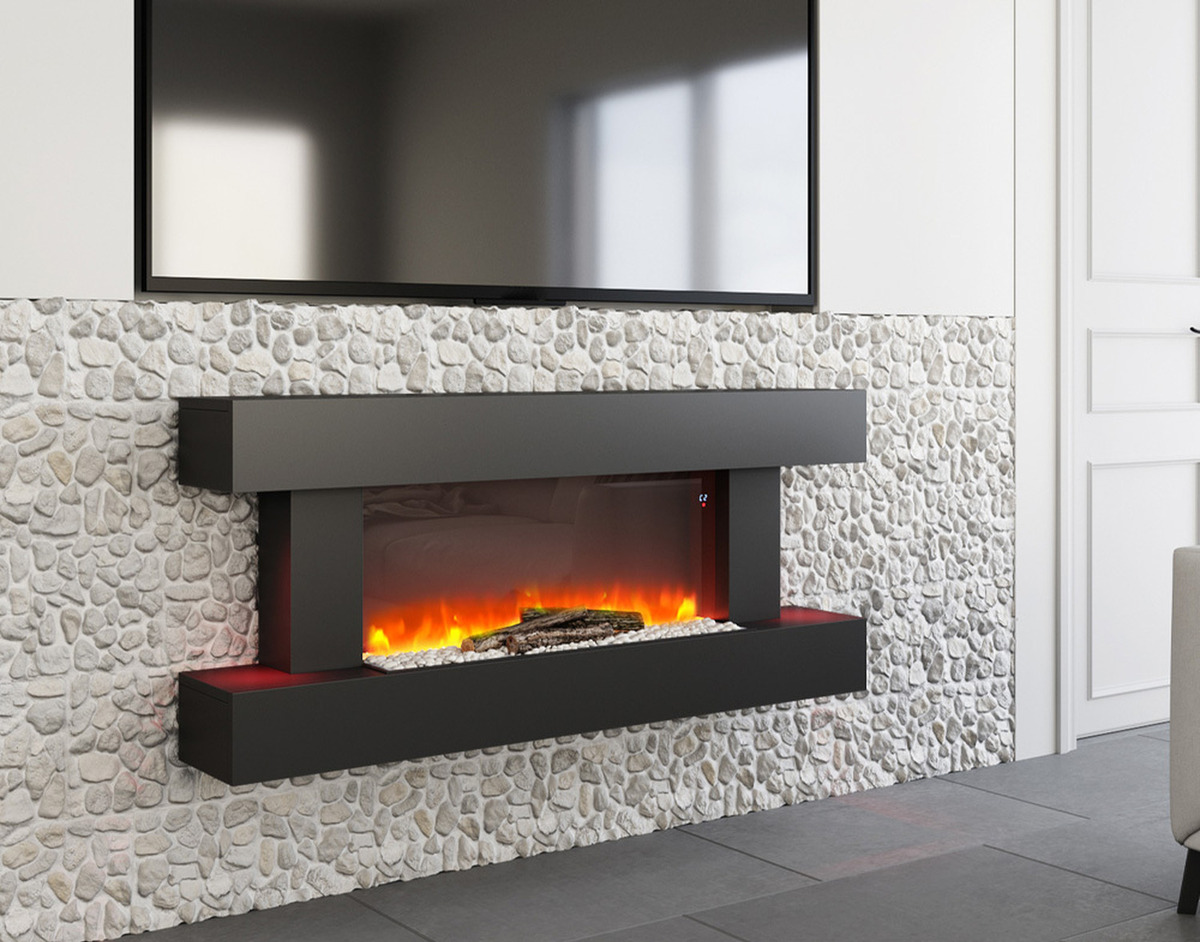

Articles
Why Does My Electric Fireplace Turn Off By Itself
Modified: May 6, 2024
Discover why your electric fireplace keeps turning off on its own. Read our informative articles to troubleshoot and find solutions to this common issue.
(Many of the links in this article redirect to a specific reviewed product. Your purchase of these products through affiliate links helps to generate commission for Storables.com, at no extra cost. Learn more)
Introduction
Electric fireplaces have become increasingly popular in recent years, offering a convenient and efficient way to add warmth and ambiance to any living space. However, it can be quite frustrating when your electric fireplace turns off unexpectedly. Understanding the possible causes and troubleshooting tips can help you get to the root of the problem and prevent future occurrences.
There are several reasons why your electric fireplace may be turning off by itself. In this article, we will explore common causes such as overheating, faulty thermostats, power supply issues, and malfunctioning power buttons. We will also provide troubleshooting tips to help you identify and resolve the issue.
Before we dive into the potential causes, it’s important to note that different electric fireplace models may have different features and functionalities. Therefore, it’s always a good idea to consult the manufacturer’s manual to understand the specific operations and troubleshooting methods for your particular unit.
Key Takeaways:
- Keep your electric fireplace running smoothly by addressing common issues such as overheating, faulty thermostats, power supply problems, and malfunctioning power buttons. Regular cleaning and proper maintenance can prevent unexpected shutdowns and ensure uninterrupted warmth and ambiance in your living space.
- Troubleshoot unexpected shutdowns of your electric fireplace by cleaning the unit and surrounding area, checking thermostat settings, inspecting the power cord and outlet, and testing the power button. Following these steps can help identify and resolve potential issues, ensuring the reliable operation of your fireplace.
Read more: Why Does My Lamp Turn On And Off By Itself
Possible Causes of Electric Fireplace Turning Off
1. Overheating: Electric fireplaces generate heat to provide the cozy ambiance of a traditional fireplace. However, if the internal components of the fireplace become too hot, a built-in safety feature may cause it to shut off to prevent damage or fire hazards. This can happen if there are blockages in the airflow vents, excess dust accumulation, or if the fireplace is operating for extended periods without a break.
2. Faulty Thermostat: Many electric fireplaces are equipped with thermostats that allow you to regulate the desired temperature. If the thermostat is malfunctioning, it can cause the fireplace to shut off prematurely or fail to turn on at the set temperature. This could be due to a faulty sensor or an issue with the thermostat control circuit.
3. Power Supply Issues: Electric fireplaces require a stable power supply to function properly. If there are issues with the power source, such as voltage fluctuations or inadequate wiring, it could lead to the fireplace turning off unexpectedly. It’s important to ensure that the fireplace is plugged into a dedicated outlet and that the electrical connections are secure.
4. Malfunctioning Power Button: The power button on your electric fireplace is responsible for turning the unit on and off. If the power button is faulty or gets stuck in the off position, it may cause the fireplace to shut off. This can happen due to wear and tear, accumulation of debris, or internal wiring problems.
These are some of the common causes of electric fireplaces turning off by themselves. Understanding these potential issues can help you narrow down the problem and find a suitable solution. In the next section, we will discuss troubleshooting tips that can help you identify and resolve the issue.
Overheating
One of the possible causes for your electric fireplace turning off by itself is overheating. Electric fireplaces generate heat through internal heating elements, and if these elements become too hot, a safety feature will automatically shut off the fireplace to prevent any potential damage or fire hazards.
There are a few factors that can contribute to overheating in an electric fireplace:
- Airflow blockages: Check the airflow vents of your electric fireplace to ensure they are not blocked or obstructed. Dust, pet hair, or other debris can accumulate over time, hindering proper air circulation. Use a vacuum cleaner with a brush attachment to gently clean the vents and remove any build-up that may be blocking the airflow.
- Dust accumulation: Like any electronic device, electric fireplaces can accumulate dust on their internal components. This dust can act as an insulator, trapping heat and preventing efficient cooling. Regularly cleaning the interior of your electric fireplace with a soft, dry cloth can help minimize dust accumulation and promote better heat dissipation.
- Extended usage: Electric fireplaces are designed to be used for moderate periods of time. If you consistently run your fireplace for long durations without giving it a chance to cool down, it may trigger the overheating safety feature and shut off. To prevent overheating due to prolonged usage, consider taking periodic breaks or limiting the operating time.
If your electric fireplace is consistently overheating and shutting off, it is crucial to address the issue promptly. Here are a few steps you can take to troubleshoot and potentially resolve the overheating problem:
- Inspect the internal fan: Most electric fireplaces are equipped with built-in fans that help distribute heat and maintain a balanced temperature. Ensure that the fan is working correctly and not obstructed by any debris. If the fan is not operating correctly, it may be necessary to contact a professional for repairs or replacement.
- Check for proper ventilation: Ensure that the electric fireplace is placed in a well-ventilated area. Avoid placing it in enclosed cabinets or against walls that may restrict airflow. Good ventilation will allow the heat to dissipate effectively and help prevent overheating.
- Modify usage patterns: If you frequently experience overheating, consider using your electric fireplace in shorter intervals or lower heat settings. By giving the fireplace time to cool down between uses, you can reduce the chances of triggering the overheating safety feature.
By addressing these potential causes and following the troubleshooting tips mentioned above, you can mitigate the risk of overheating in your electric fireplace and prevent it from turning off unexpectedly. If the issue persists or you are unsure about performing any troubleshooting steps, it is recommended to consult the manufacturer’s manual or seek professional assistance.
Faulty Thermostat
Another possible cause for your electric fireplace turning off by itself is a faulty thermostat. The thermostat is responsible for regulating the desired temperature in your electric fireplace. If it is not functioning correctly, it can cause the fireplace to shut off prematurely or fail to reach the set temperature.
Here are some potential issues related to a faulty thermostat:
- Malfunctioning sensor: The thermostat sensor in your electric fireplace detects the temperature in the room and sends signals to the heating elements to adjust the heat output accordingly. If the sensor is faulty, it may provide incorrect temperature readings, leading to improper temperature control and the fireplace turning off unexpectedly. In this case, contacting a professional technician to replace the faulty sensor may be necessary.
- Thermostat control circuit issues: Electric fireplaces often have a control circuit board that manages the thermostat functions. If there are issues with the control circuit, such as loose connections or damaged wiring, it can interfere with the proper operation of the thermostat. In such cases, seeking professional assistance for diagnosis and repair is recommended.
- Incorrect thermostat settings: Sometimes, the issue may not be with a faulty thermostat but rather incorrect thermostat settings. Check the settings on your electric fireplace to ensure that the desired temperature is properly set. If the set temperature is lower than the room temperature, the fireplace may shut off as it considers the room adequately warm.
If you suspect that a faulty thermostat is causing your electric fireplace to turn off, here are some troubleshooting tips you can try:
- Reset the thermostat: Resetting the thermostat can help resolve minor glitches. Refer to the manufacturer’s manual to find instructions on how to reset the thermostat in your particular electric fireplace model.
- Reprogram the thermostat: If your electric fireplace has programmable thermostat settings, ensure that the desired temperature and timing preferences are correctly set. If necessary, reprogram the thermostat to match your requirements.
- Consider using an external thermostat: If the built-in thermostat of your electric fireplace continues to malfunction, you may consider using an external thermostat. These can be purchased separately and connected to the fireplace to provide better temperature control.
If the troubleshooting steps mentioned above do not resolve the issue, it is advisable to contact the manufacturer’s customer support or seek professional assistance. They will be able to provide further guidance and help diagnose and rectify any underlying issues with the thermostat of your electric fireplace.
Power Supply Issues
Power supply problems can also be a potential cause for your electric fireplace turning off by itself. Electric fireplaces require a stable and uninterrupted power source to operate correctly. Any issues with the power supply can lead to the fireplace shutting off unexpectedly.
Here are some power supply issues that can contribute to the problem:
- Voltage fluctuations: Regular voltage fluctuations or power surges can cause your electric fireplace to shut off. These fluctuations can occur due to external factors such as electrical storms or faulty wiring in your home’s electrical system. It is essential to ensure that your fireplace is connected to a stable power source.
- Inadequate wiring: If your electric fireplace is not properly connected to a dedicated outlet, it may not be receiving sufficient power to operate correctly. Sharing an outlet with other high-power devices or using extension cords can result in a power supply that is inadequate for the fireplace’s needs.
- Faulty power cord: A damaged or faulty power cord can cause intermittent power supply problems and lead to the fireplace turning off. Check the power cord for any visible signs of damage, frayed wires, or loose connections. If any issues are found, the power cord may need to be repaired or replaced.
If you suspect power supply issues as the cause of your electric fireplace turning off, here are some troubleshooting tips to help resolve the problem:
- Ensure a dedicated outlet: Verify that your electric fireplace is plugged into a dedicated outlet, ideally without any other appliances or devices connected to the same circuit. This will help ensure a consistent power supply to the fireplace.
- Check for loose connections: Inspect both ends of the power cord for any loose connections. Make sure the cord is securely plugged into the fireplace and the electrical outlet. If any loose connections are found, ensure they are tightened properly.
- Eliminate power surges: Consider using a surge protector or power conditioner to protect your electric fireplace from voltage fluctuations and power surges. These devices can help regulate the power supply, ensuring a stable and consistent flow of electricity.
- Have an electrician inspect the wiring: If you have ongoing power supply issues, it is advisable to have a licensed electrician examine the electrical wiring in your home. They can identify any underlying problems and recommend appropriate solutions to ensure a reliable power supply for your electric fireplace.
By addressing potential power supply issues and following the troubleshooting tips mentioned above, you can eliminate power-related factors that may cause your electric fireplace to turn off unexpectedly. If the issue persists or you are unsure about performing any troubleshooting steps, it is always best to consult the manufacturer’s manual or seek professional assistance from an electrician.
Malfunctioning Power Button
If your electric fireplace turns off by itself, another possible cause could be a malfunctioning power button. The power button is responsible for turning the fireplace on and off, and if it is faulty or gets stuck in the off position, it can cause the unit to shut off unexpectedly.
Here are some factors that can contribute to a malfunctioning power button:
- Wear and tear: Over time, the power button on your electric fireplace may experience wear and tear from regular use. This can lead to a loss of functionality or a button that gets stuck in the off position.
- Accumulation of debris: Dust, dirt, or other debris can accumulate around the power button, causing it to malfunction. This can happen if the fireplace is placed in an area prone to dust or if there is a buildup of debris inside the unit.
- Internal wiring problems: A malfunctioning power button can also be caused by internal wiring issues. Loose connections or damaged wires can prevent the button from functioning properly, resulting in the fireplace turning off unexpectedly.
If you suspect that a malfunctioning power button is the cause of your electric fireplace shutting off, here are some troubleshooting tips to help resolve the issue:
- Inspect for debris: Carefully remove any accumulated dust or debris around the power button and the surrounding area. Use a soft, dry cloth or a can of compressed air to clean the button and ensure it moves freely without any obstructions.
- Press and release the button: Press the power button on your electric fireplace multiple times, ensuring it is moving smoothly and not getting stuck in the off position. If the button seems sticky or unresponsive, it may need to be cleaned or repaired by a professional.
- Check internal wiring: If you feel comfortable doing so, you can open up the fireplace (following the manufacturer’s instructions) and inspect the internal wiring. Ensure that all connections are secure and there are no loose wires. If you notice any issues or are uncertain about your abilities, it is best to seek professional assistance.
- Contact the manufacturer: If the power button continues to malfunction despite your troubleshooting efforts, it may be necessary to contact the manufacturer’s customer support for further assistance. They can provide guidance on how to resolve the issue or arrange for repairs if needed.
By addressing any potential issues with the power button and following the troubleshooting tips mentioned above, you can rectify a malfunctioning power button that might be causing your electric fireplace to turn off unexpectedly. It’s important to handle the power button and internal components of the fireplace with care and, if necessary, seek professional help to avoid any further damage or safety risks.
Check if the fireplace is overheating or if the timer is set. Also, ensure the power supply is stable and the unit is not obstructed. If the issue persists, contact the manufacturer for assistance.
Troubleshooting Tips for Electric Fireplace Turning Off
Experiencing your electric fireplace turning off unexpectedly can be frustrating, but there are several troubleshooting tips you can try to identify and resolve the issue. These tips aim to address common causes such as overheating, faulty thermostats, power supply issues, and malfunctioning power buttons. Here’s what you can do:
- Clean the Fireplace and Surrounding Area: Start by ensuring that your electric fireplace and the surrounding area are clean and free from dust and debris. Dust accumulation can hinder proper airflow and lead to overheating. Regularly clean both the interior and exterior of the fireplace using a soft, dry cloth. Pay attention to the vents, fan, and any visible components that may collect dust.
- Check the Thermostat Settings: Verify that the thermostat settings on your electric fireplace are correctly set. Ensure that the desired temperature is properly programmed and matches your preferences. If the temperature setting is too low or too high, it may cause the fireplace to shut off prematurely.
- Inspect the Power Cord and Outlet: Examine the power cord of your electric fireplace for any signs of damage, such as frayed wires or loose connections. Verify that the cord is securely plugged into a dedicated outlet and that the outlet itself is functioning properly. Consider using a different outlet or extension cord for testing purposes, if necessary.
- Test the Power Button: Press the power button on your electric fireplace to ensure that it is functioning correctly. If the button feels sticky or gets stuck in the off position, it may indicate a faulty power button. Clean the button and surrounding area to remove any debris that may be causing the issue. If the problem persists, contact the manufacturer for further assistance.
It’s important to note that these troubleshooting tips may vary depending on the model and specific features of your electric fireplace. Always consult the manufacturer’s manual for instructions and guidelines specific to your unit.
If the troubleshooting steps mentioned above do not resolve the problem and your electric fireplace continues to turn off unexpectedly, it is advisable to contact the manufacturer’s customer support for further assistance. They can provide additional troubleshooting advice or arrange for professional repairs if needed.
Remember, safety should always be the top priority when dealing with electrical appliances. If you are unsure about performing any troubleshooting steps or suspect a more serious underlying issue, it is recommended to seek professional help to ensure the safe and proper functioning of your electric fireplace.
Clean the Fireplace and Surrounding Area
One of the first troubleshooting steps to take when your electric fireplace turns off unexpectedly is to clean the fireplace and the surrounding area. Dust and debris can accumulate over time, hindering proper airflow and causing the fireplace to overheat. Regular cleaning can help improve the performance and prevent the unit from shutting off prematurely.
Here’s what you can do to clean your electric fireplace:
- Turn off and unplug the fireplace: Before starting the cleaning process, ensure that the fireplace is turned off and unplugged from the power source. This will help prevent any accidents or injuries while cleaning.
- Remove any visible dust: Use a soft, dry cloth or a feather duster to gently remove any visible dust from the exterior surfaces of the fireplace. Pay attention to the front glass panel, the faux logs or stones, and any decorative elements. Wipe away dust from the control buttons or display panel as well.
- Clean the interior components: If possible, open up the fireplace following the manufacturer’s instructions to access the interior components. Use a vacuum cleaner with a brush attachment or a soft brush to remove dust and debris from the heating elements, motor, and fan. Be gentle to avoid damaging any delicate components.
- Clear the vents: Check the airflow vents of the fireplace and ensure they are clear of any obstructions. Use a vacuum cleaner or a brush to remove accumulated dust or pet hair from the vents. Clear airflow will help prevent overheating and improve the efficiency of the fireplace.
- Wipe down the surrounding area: Dust can also accumulate on the surfaces around the fireplace, such as the mantel, shelves, or nearby furniture. Use a damp cloth to wipe down these surfaces and remove any dust or dirt.
Regularly cleaning your electric fireplace and the surrounding area will not only improve its performance but also enhance its aesthetic appeal. It’s recommended to follow the manufacturer’s guidelines regarding cleaning methods and frequency to maintain the longevity of your electric fireplace.
Remember to wait until the fireplace is completely cool before attempting to clean it to avoid the risk of burns or injuries. If you are unsure about any cleaning procedures or have specific questions about maintaining your electric fireplace, consult the manufacturer’s manual or contact their customer support for assistance.
Check the Thermostat Settings
If your electric fireplace keeps turning off unexpectedly, one of the troubleshooting steps you should take is to check the thermostat settings. The thermostat controls the temperature at which the fireplace operates, and incorrect settings can result in the unit shutting off prematurely or failing to reach the desired temperature.
Here’s how you can check and adjust the thermostat settings on your electric fireplace:
- Review the thermostat controls: Familiarize yourself with the thermostat controls on your electric fireplace. Depending on the model, you may have buttons or a digital display to set the desired temperature.
- Ensure the thermostat is properly calibrated: Verify that the thermostat is accurately calibrated. You can do this by having a separate thermometer nearby to compare the temperature readings. If you notice a significant discrepancy, you may need to recalibrate the thermostat according to the manufacturer’s instructions.
- Set the desired temperature: Adjust the thermostat to the desired temperature. Most electric fireplaces have temperature settings that can be increased or decreased in preset increments. Make sure the set temperature aligns with your preferences.
- Avoid extreme temperature settings: Setting the thermostat at extremely high or low temperatures can cause the electric fireplace to turn off prematurely. Aim for a comfortable temperature range that suits your needs without exerting excessive strain on the fireplace’s heating elements.
- Wait for the fireplace to reach the set temperature: After adjusting the thermostat, give the electric fireplace some time to heat up and reach the set temperature. It may take a few minutes for the fireplace to start providing the desired level of warmth.
It’s important to note that the specific thermostat controls and functionality can vary depending on the model of your electric fireplace. Therefore, it’s recommended to consult the manufacturer’s manual for accurate instructions tailored to your unit.
If, after adjusting the thermostat settings, your electric fireplace continues to shut off unexpectedly, it may indicate a more significant issue. In such cases, it is advisable to contact the manufacturer’s customer support for further troubleshooting guidance or professional assistance.
By verifying and adjusting the thermostat settings on your electric fireplace, you can ensure that it is operating at the desired temperature and potentially resolve any issues that may be causing it to turn off unexpectedly.
Read more: Why Does My Ceiling Fan Turn On By Itself
Inspect the Power Cord and Outlet
When your electric fireplace turns off unexpectedly, one of the troubleshooting steps to take is to inspect the power cord and outlet. Power supply issues can cause the fireplace to shut off, and examining the power cord and outlet can help identify and resolve any potential problems.
Here’s what you can do to inspect the power cord and outlet:
- Check the power cord: Examine the power cord of the electric fireplace for any visible damage, such as frayed wires or loose connections. A damaged power cord can lead to intermittent power supply and cause the unit to shut off. If you notice any issues with the power cord, it may need to be repaired or replaced.
- Ensure a secure connection: Verify that the power cord is securely plugged into the outlet and the fireplace. Loose connections can disrupt the power supply and result in the fireplace turning off unexpectedly. If necessary, unplug the power cord and firmly plug it back in to ensure a proper connection.
- Use a dedicated outlet: Electric fireplaces often require a dedicated outlet to operate. Sharing an outlet with other high-power devices can lead to inadequate power supply for the fireplace, causing it to shut off. Ensure that the electric fireplace is plugged into a dedicated outlet that can handle the power requirements of the unit.
- Inspect the outlet: Check the outlet itself for any signs of damage or loose connections. Loose outlets can result in intermittent power flow, causing the fireplace to turn off unexpectedly. If you notice any issues with the outlet, it is advisable to contact a qualified electrician to inspect and repair it.
- Consider using a surge protector: Power surges can also disrupt the operation of electric fireplaces. Consider using a surge protector to protect the unit from sudden voltage fluctuations. This can provide added protection and help prevent unexpected shutdowns.
By inspecting the power cord and outlet, you can identify and address any issues that may be causing power supply problems for your electric fireplace. However, if you are unsure about performing any inspections or dealing with electrical components, it is recommended to seek professional assistance to ensure your safety and prevent any further damage.
If the troubleshooting steps mentioned above do not resolve the issue and your electric fireplace continues to turn off unexpectedly, it is advisable to contact the manufacturer’s customer support for further assistance. They can provide additional guidance specific to your unit or arrange for professional repairs if necessary.
Test the Power Button
When your electric fireplace keeps turning off unexpectedly, it is important to test the power button as part of the troubleshooting process. A malfunctioning power button can cause the unit to shut off or fail to turn on properly. By testing the power button, you can identify any issues and take appropriate steps to resolve them.
Here’s how you can test the power button on your electric fireplace:
- Inspect the power button: Examine the power button itself to see if there are any visible signs of damage or debris. Dust or dirt accumulation around the power button can obstruct its functionality. Clean the button and surrounding area using a soft, dry cloth to remove any obstructions or build-up.
- Press and release the power button: Press the power button on your electric fireplace multiple times to ensure it moves freely and does not get stuck in the off position. If the button feels sticky, unresponsive, or gets stuck, it may indicate a faulty power button.
- Power cycle the fireplace: Turn off the fireplace completely by switching off the power button or unplugging it from the power source. Wait for a few seconds, then turn it back on. This power cycling process can help reset any temporary glitches and potentially resolve issues with the power button.
- Verify proper functionality: After power cycling, test the power button again to see if it turns the fireplace on and off smoothly. Pay attention to any unusual behavior or continued issues with the button’s functionality.
- Contact the manufacturer: If the power button continues to malfunction despite your troubleshooting efforts, it is advisable to contact the manufacturer’s customer support for further guidance. They can provide specific instructions or arrange for repairs or replacement parts if necessary.
Remember that the power button’s functionality may vary depending on the electric fireplace model. Always refer to the manufacturer’s manual for precise instructions and guidelines on testing and troubleshooting the power button of your particular unit.
If you are uncomfortable performing any testing procedures or suspect a more significant underlying issue with the power button, it is recommended to seek professional assistance from the manufacturer or a qualified technician to ensure proper diagnosis and resolution of the problem.
By testing the power button and addressing any issues, you can ensure smooth operation and prevent your electric fireplace from turning off unexpectedly.
Conclusion
Experiencing your electric fireplace turning off by itself can be frustrating, but by understanding the possible causes and implementing troubleshooting tips, you can resolve the issue and enjoy uninterrupted warmth and ambiance in your living space.
We explored some common causes for electric fireplaces turning off, including overheating, faulty thermostats, power supply issues, and malfunctioning power buttons. Overheating can occur due to airflow blockages, dust accumulation, or extended usage. A faulty thermostat can lead to premature shutdowns or insufficient heating, while power supply problems can disrupt the unit’s operation. Malfunctioning power buttons can also cause unexpected shutdowns, requiring inspection and cleaning.
To troubleshoot these issues, we provided a range of tips. Cleaning the fireplace and its surroundings helps ensure proper airflow and prevent overheating. Checking and adjusting the thermostat settings can ensure accurate temperature control. Inspecting the power cord and outlet helps identify and resolve power supply issues. Testing the power button ensures its proper functionality.
It’s essential to consult the manufacturer’s manual and follow their specific instructions for your electric fireplace model. If the troubleshooting steps do not resolve the issue, contacting the manufacturer’s customer support or seeking professional assistance may be necessary to address any underlying problems.
By implementing these troubleshooting tips, you can minimize unexpected shutdowns and optimize the performance of your electric fireplace. Remember to prioritize safety when dealing with electrical appliances, and consult professionals if you are unsure or require further assistance.
Enjoy the warmth and comfort of your electric fireplace, knowing that you have the knowledge and tools to keep it running smoothly and reliably.
After solving why your electric fireplace might be shutting off unexpectedly, why not ensure all your heating appliances are in top-notch condition? Don't miss out on our practical guide on maintaining gas fireplaces safely. From regular cleaning tips to essential safety checks, this guide provides everything needed to keep your gas fireplace running smoothly and safely year-round.
Frequently Asked Questions about Why Does My Electric Fireplace Turn Off By Itself
Was this page helpful?
At Storables.com, we guarantee accurate and reliable information. Our content, validated by Expert Board Contributors, is crafted following stringent Editorial Policies. We're committed to providing you with well-researched, expert-backed insights for all your informational needs.

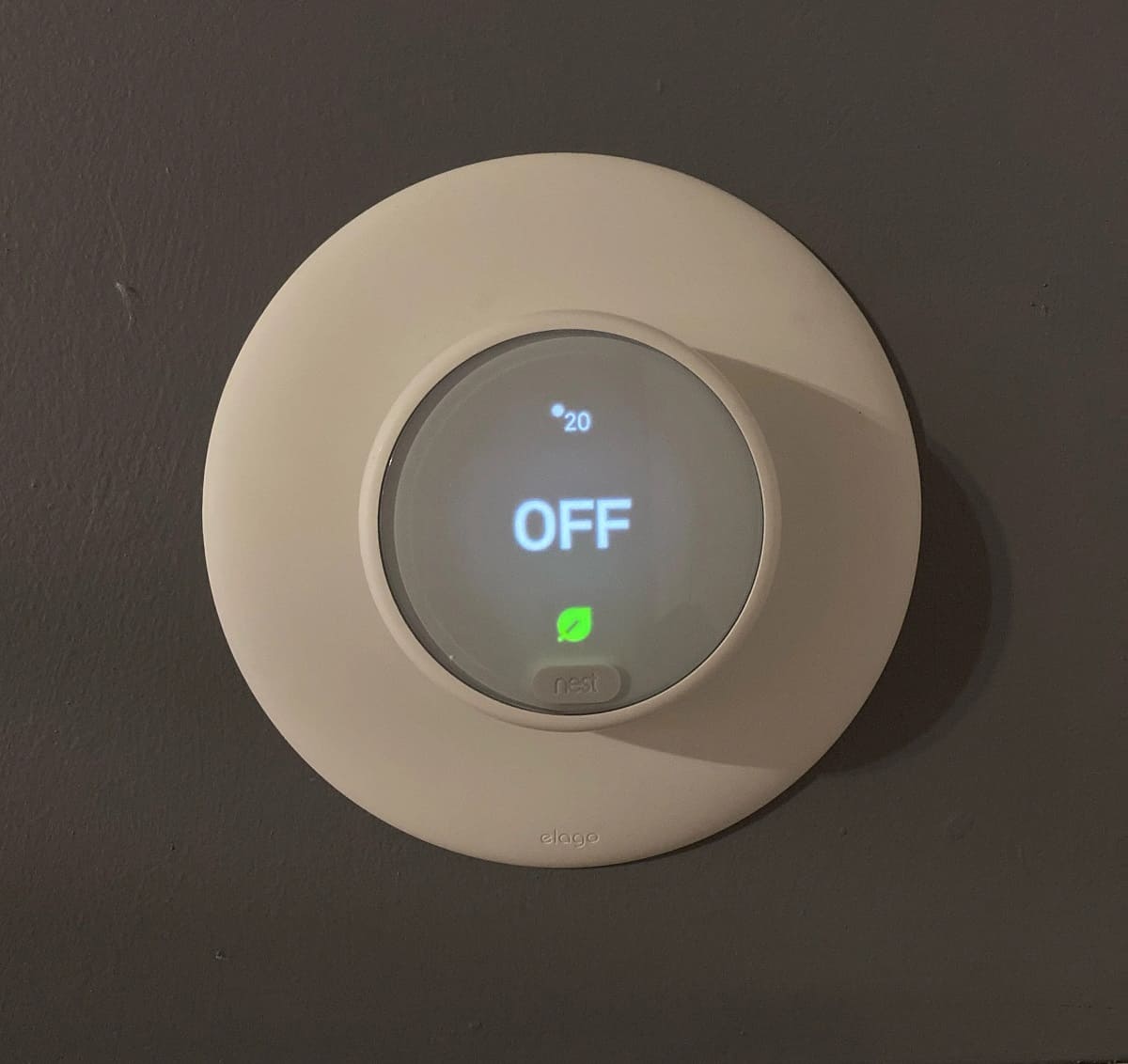
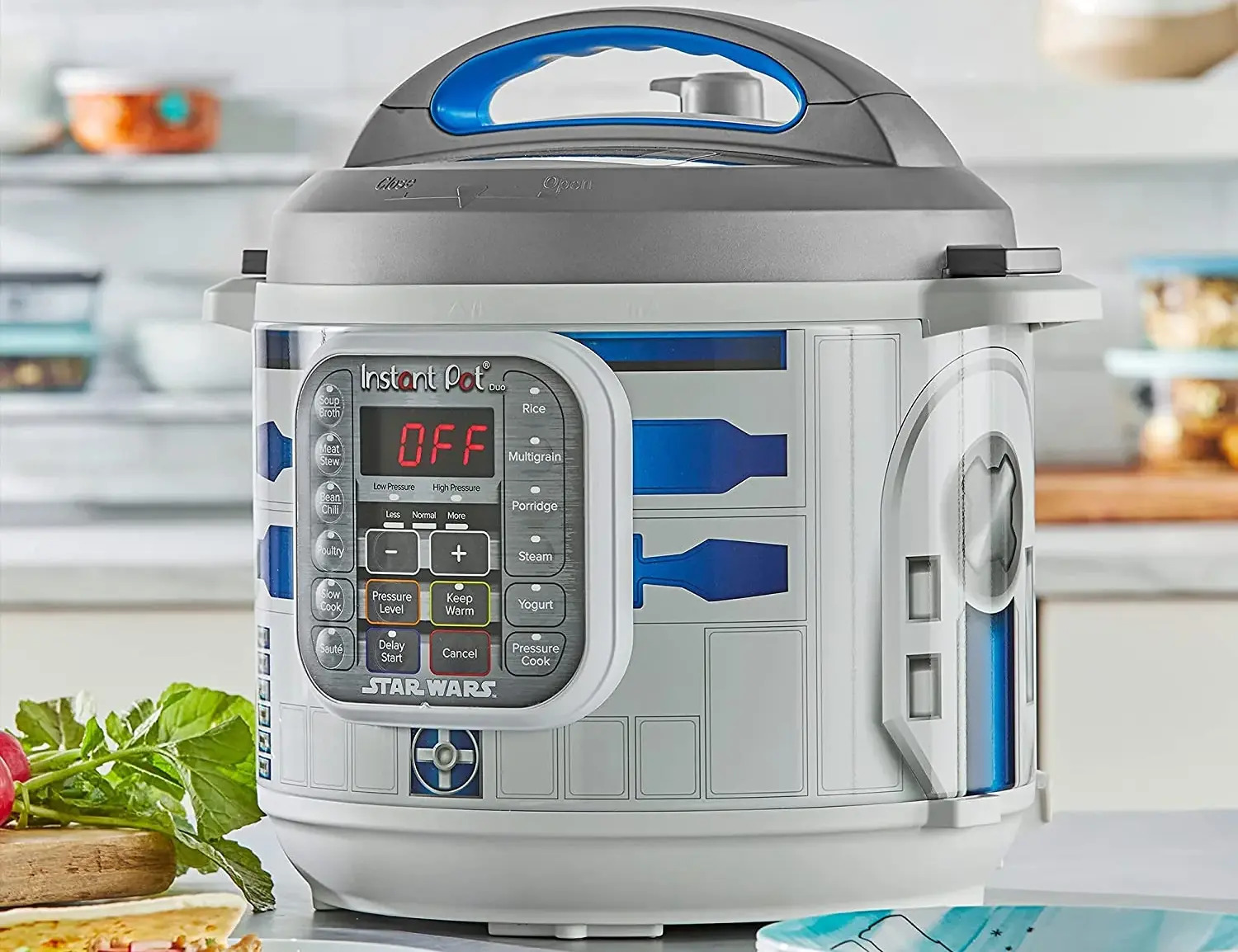
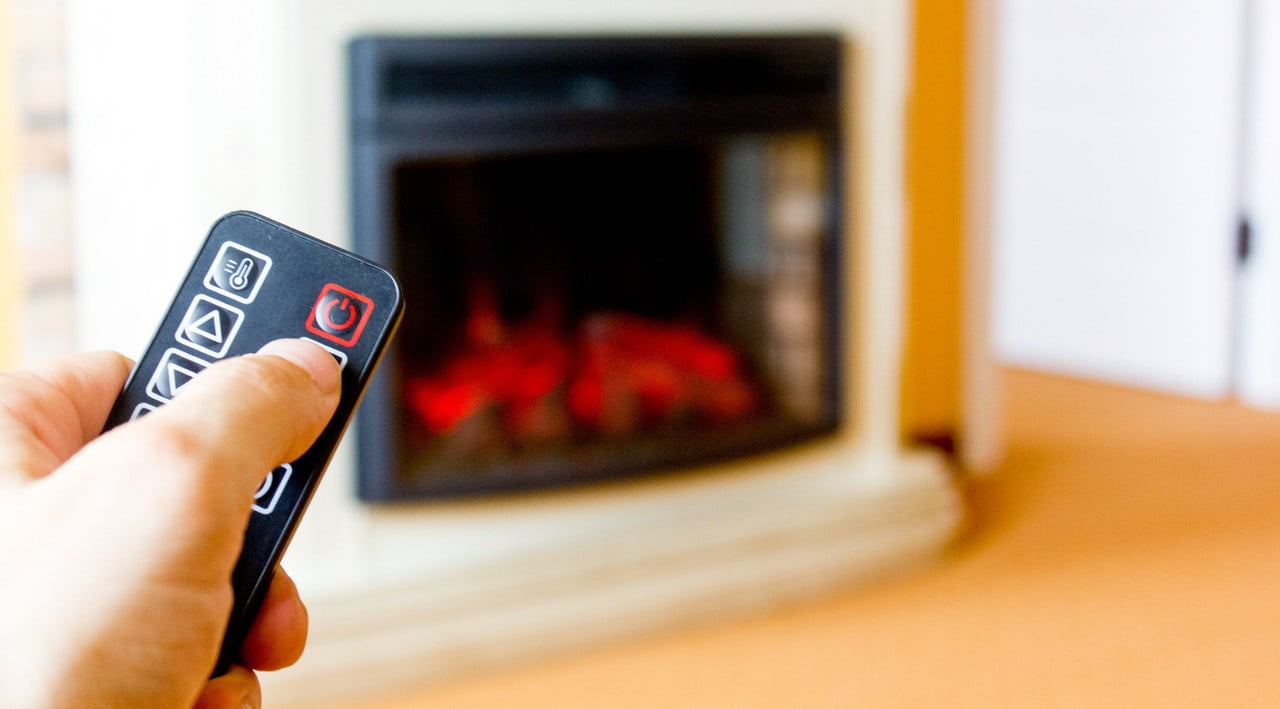
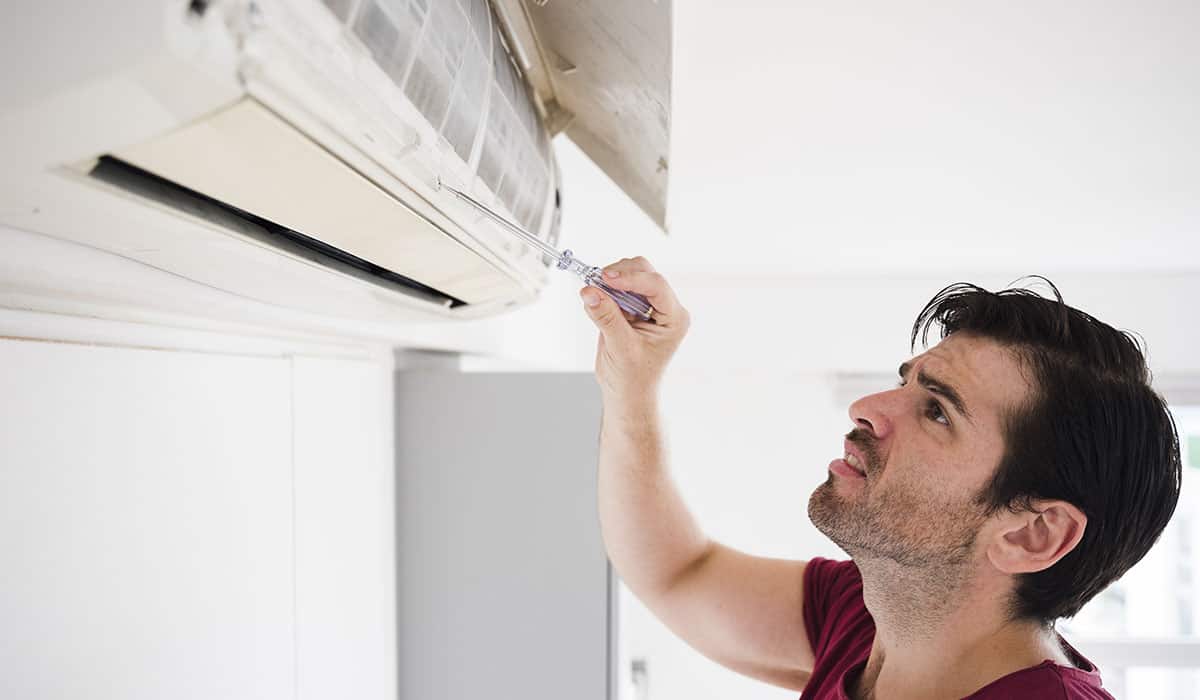
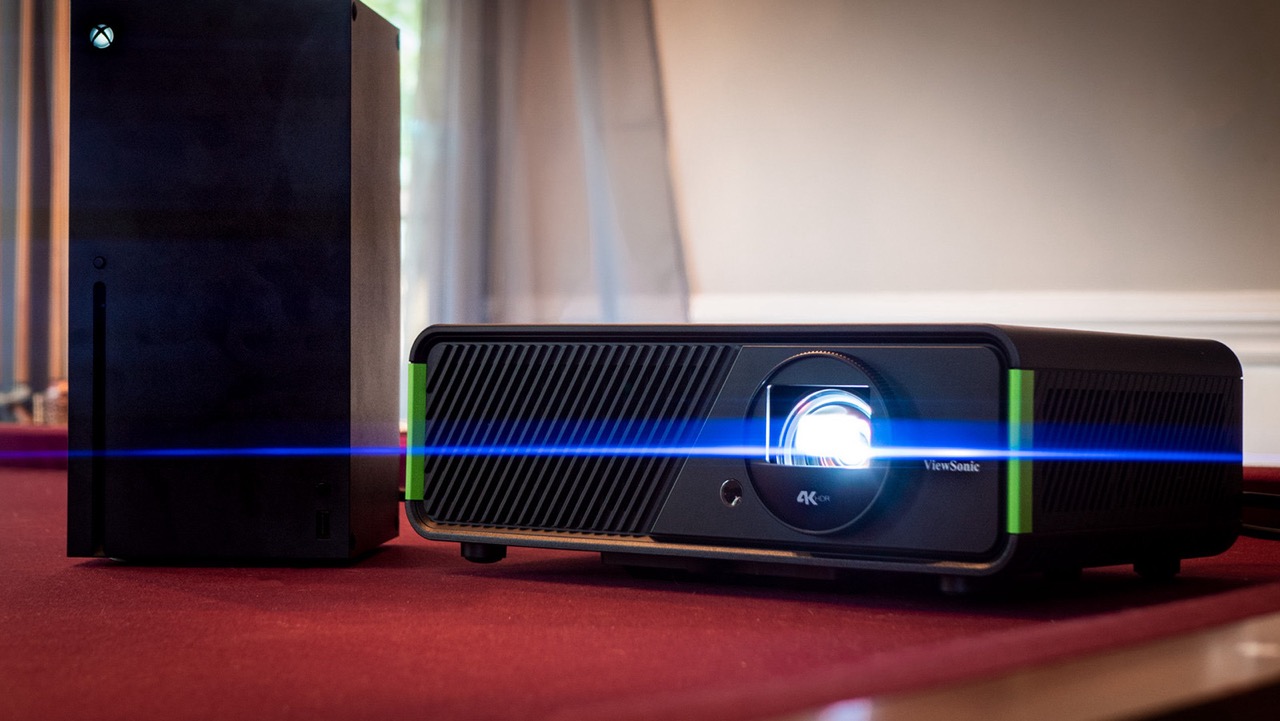

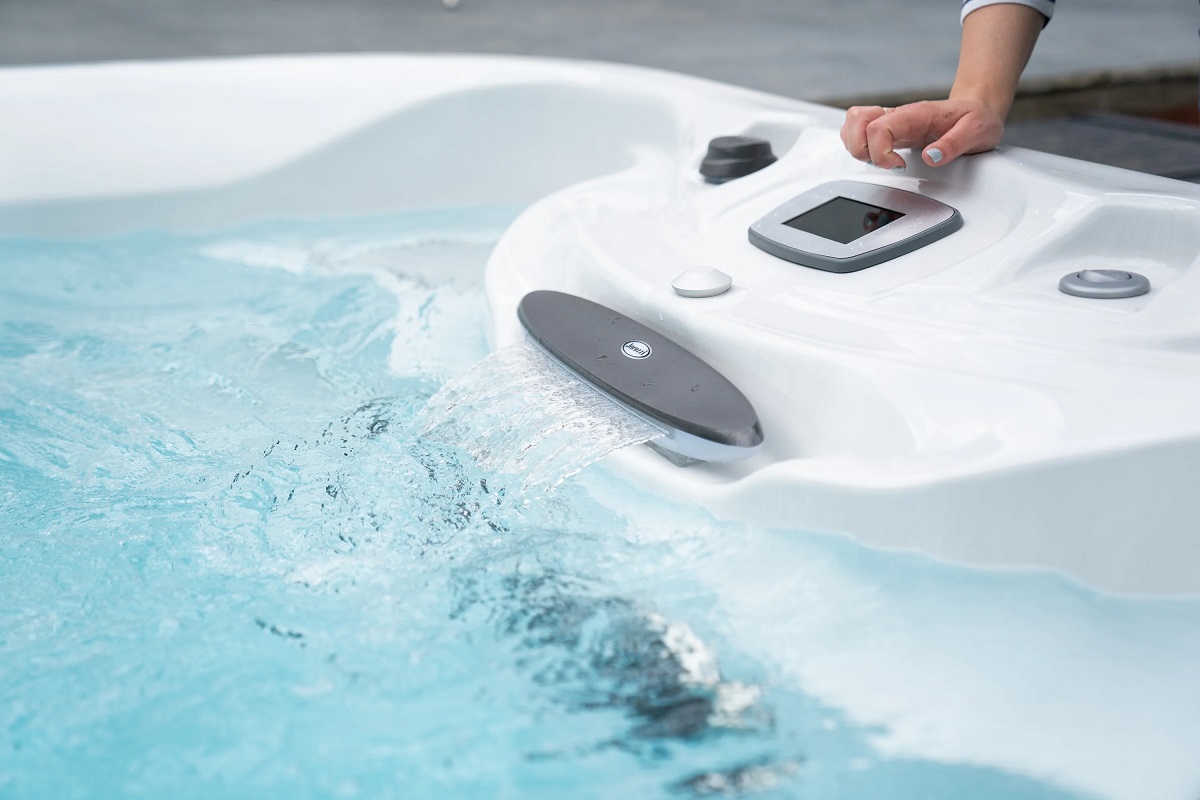
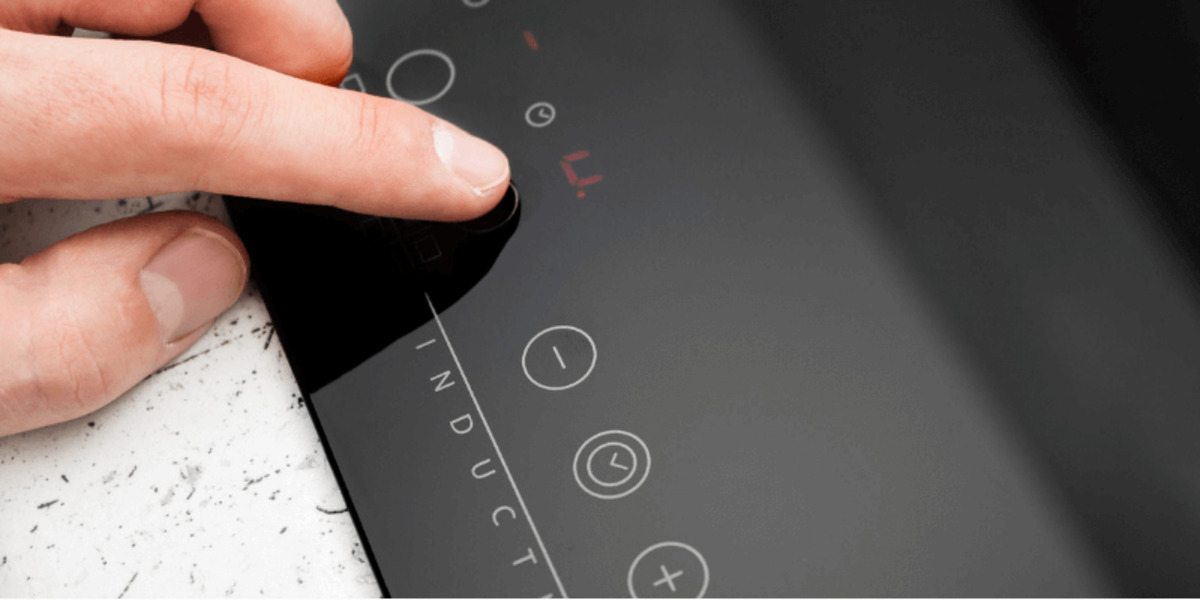
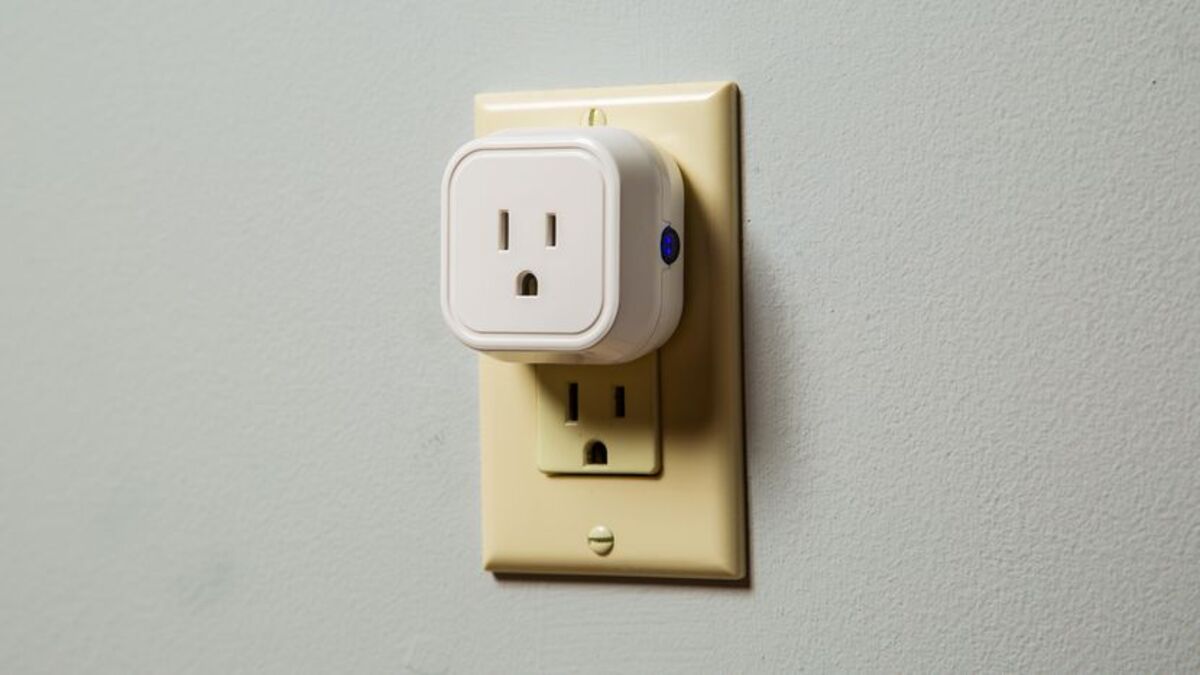
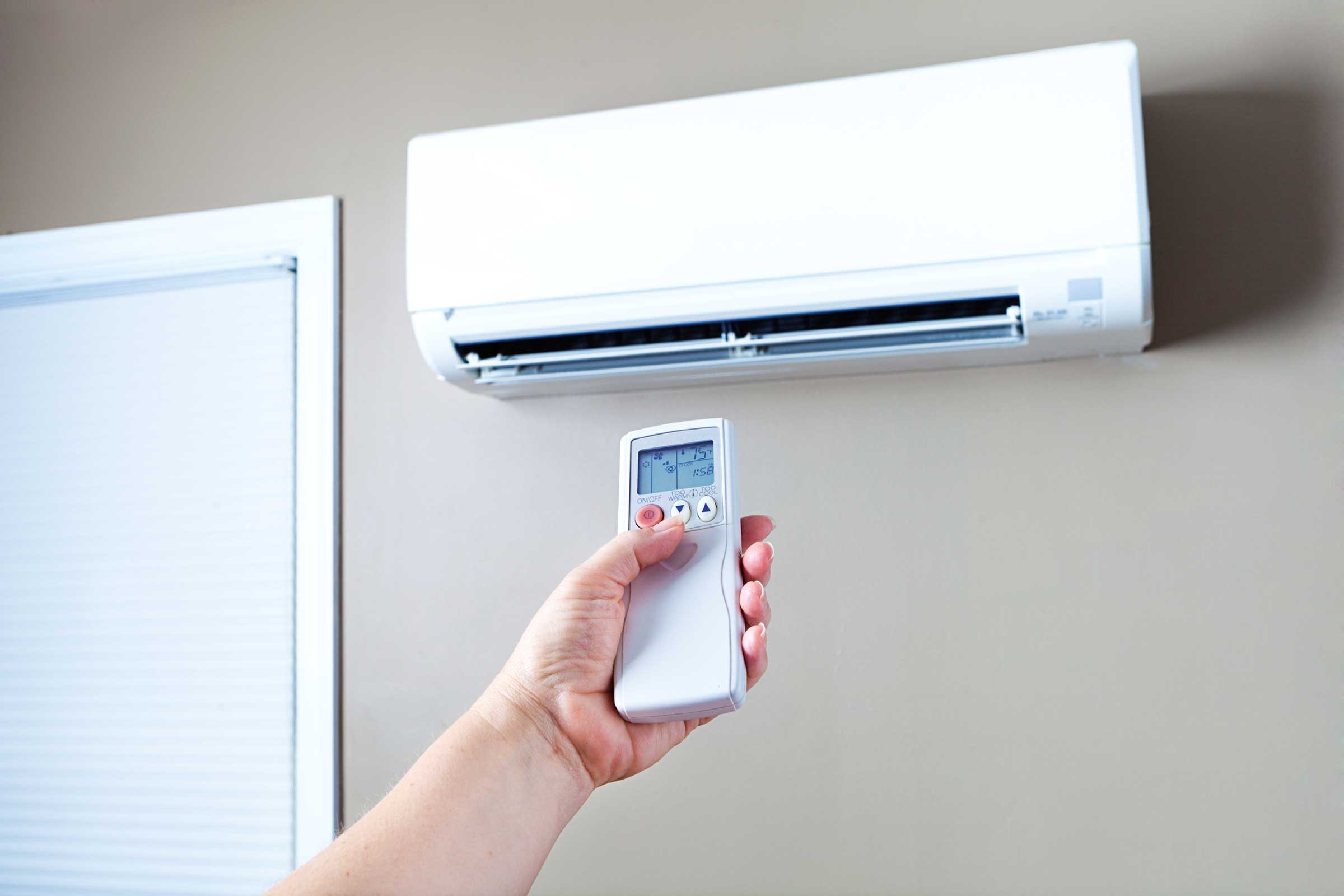
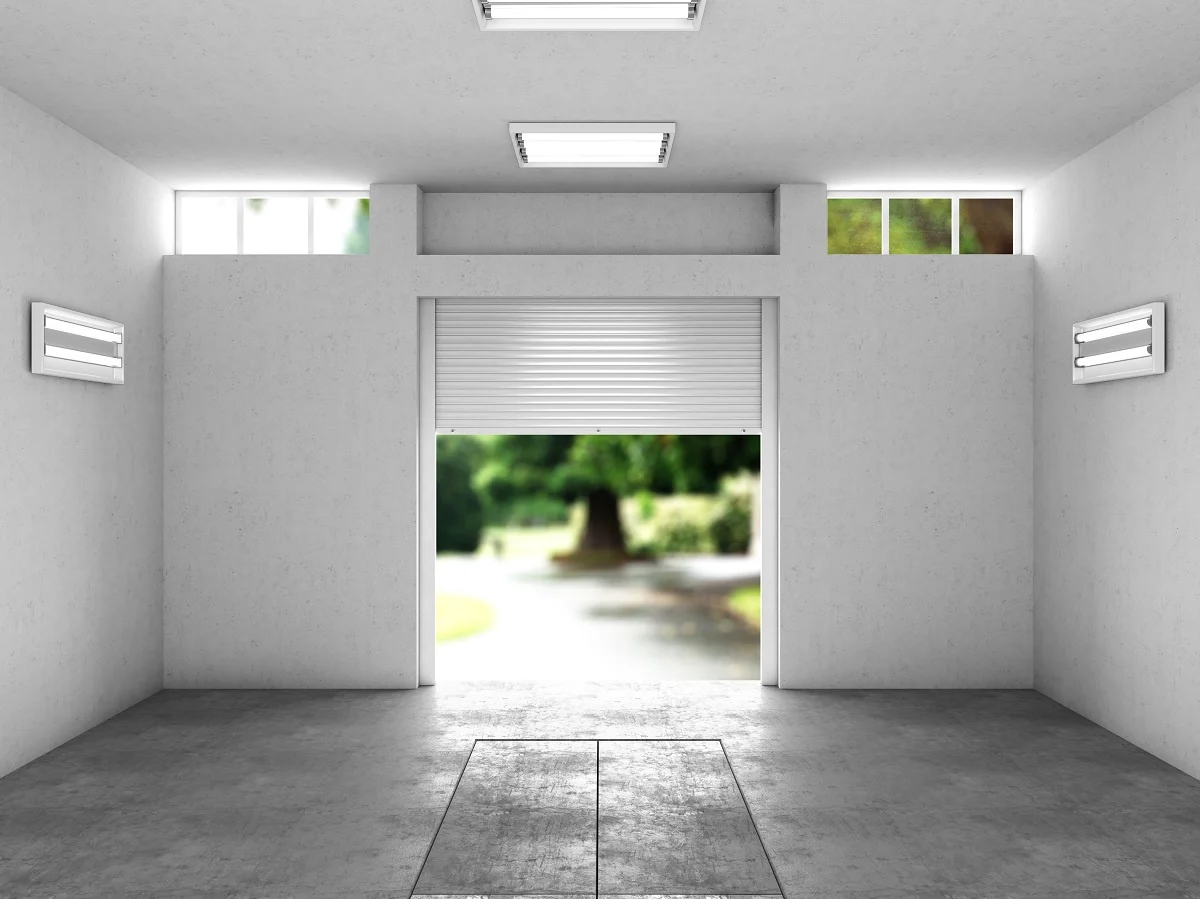
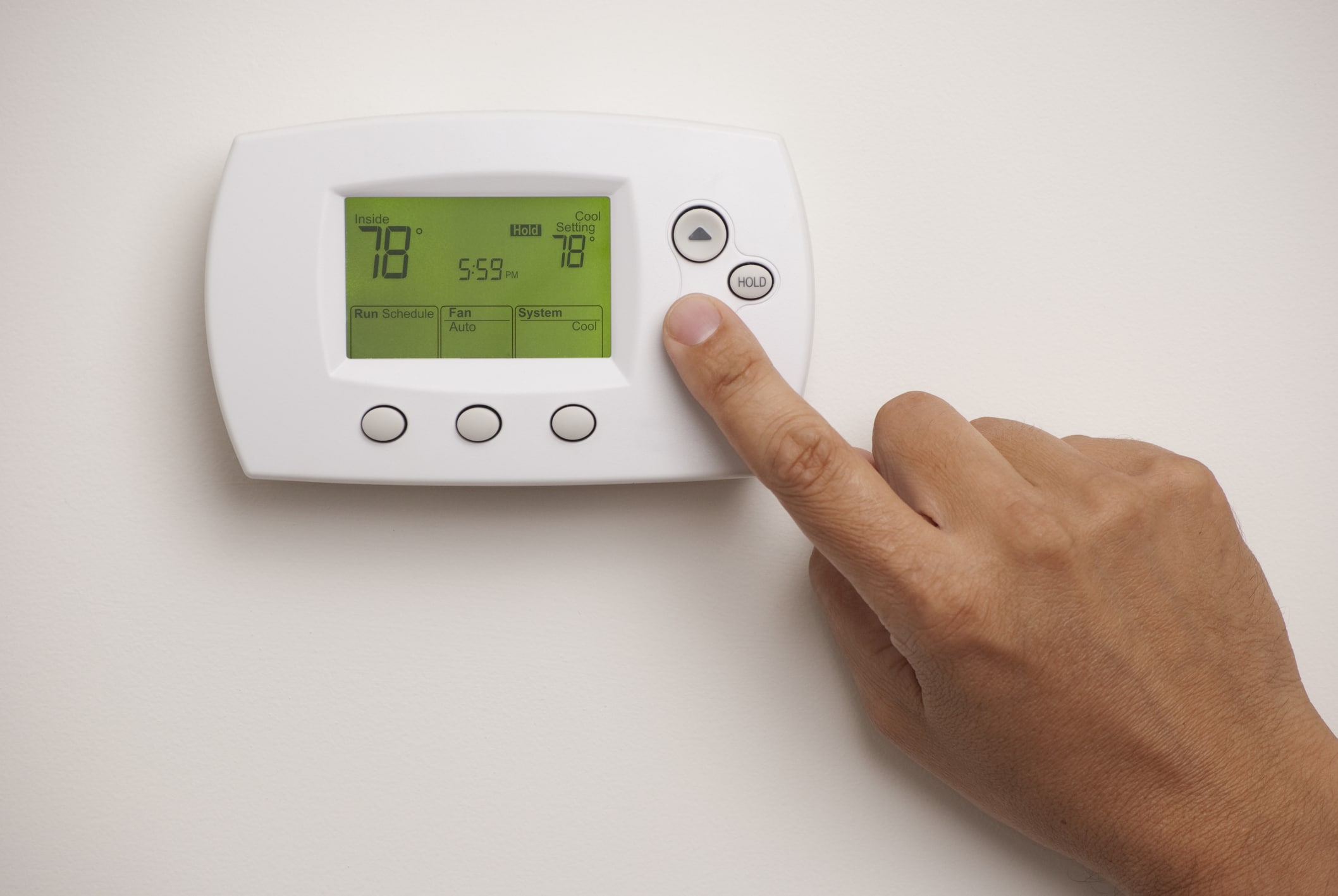

0 thoughts on “Why Does My Electric Fireplace Turn Off By Itself”